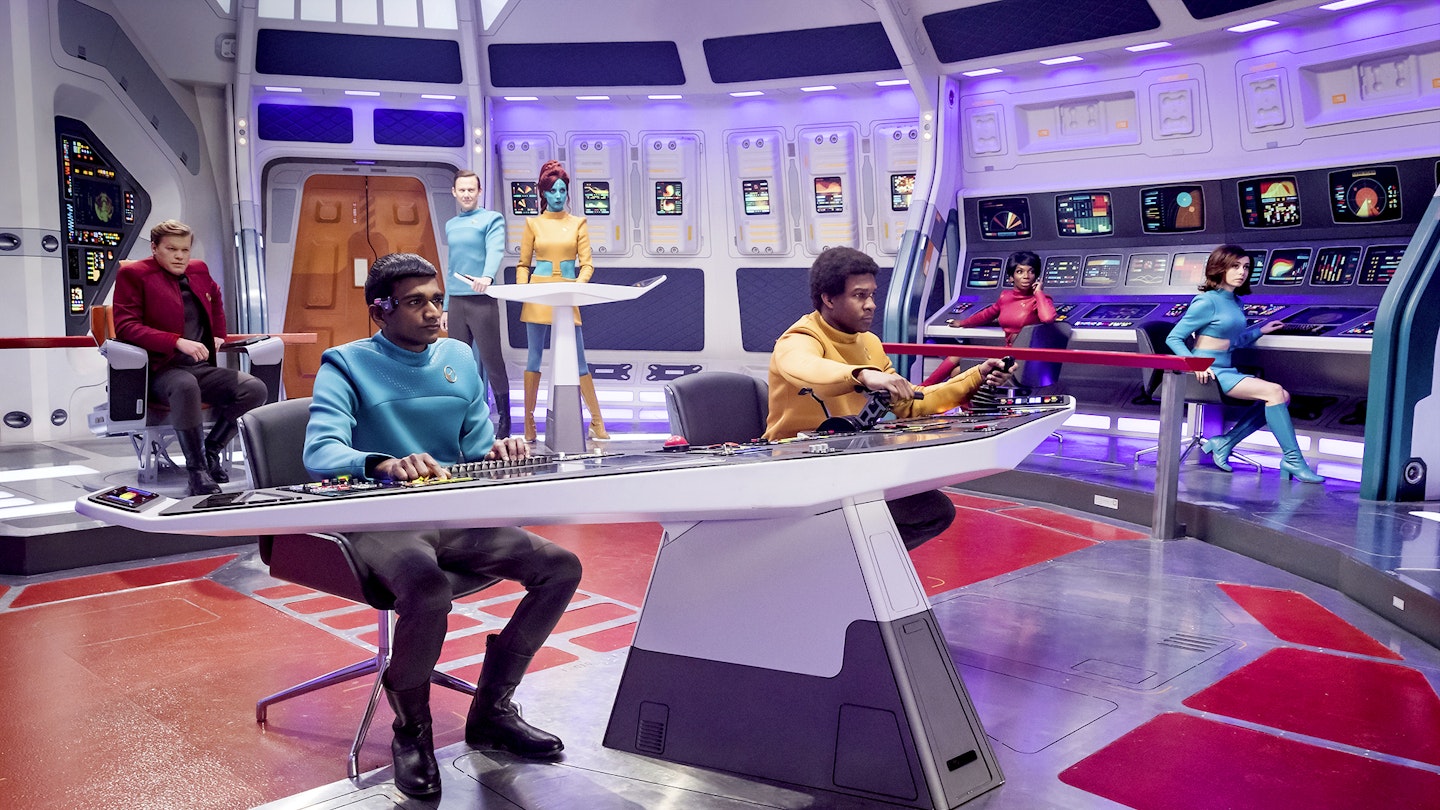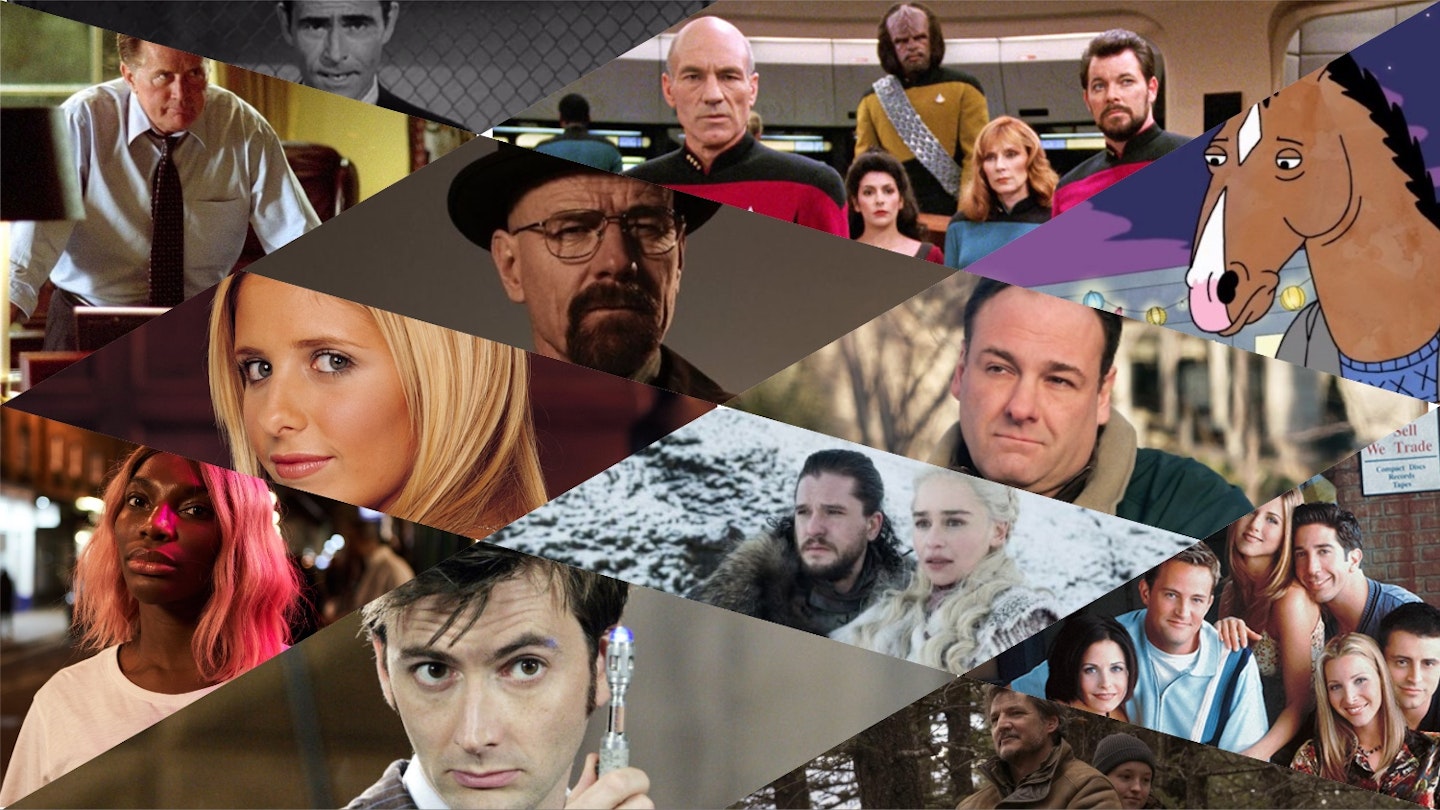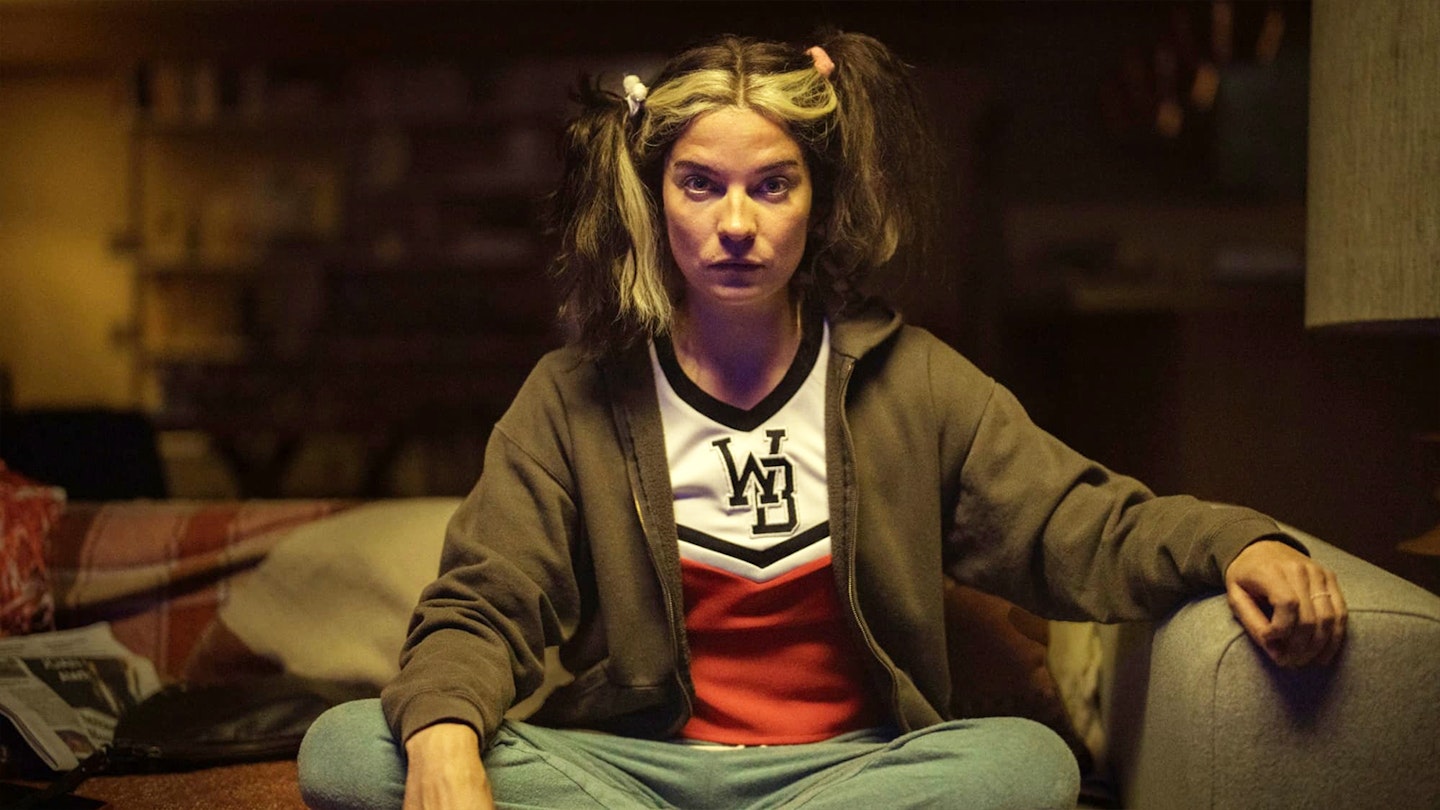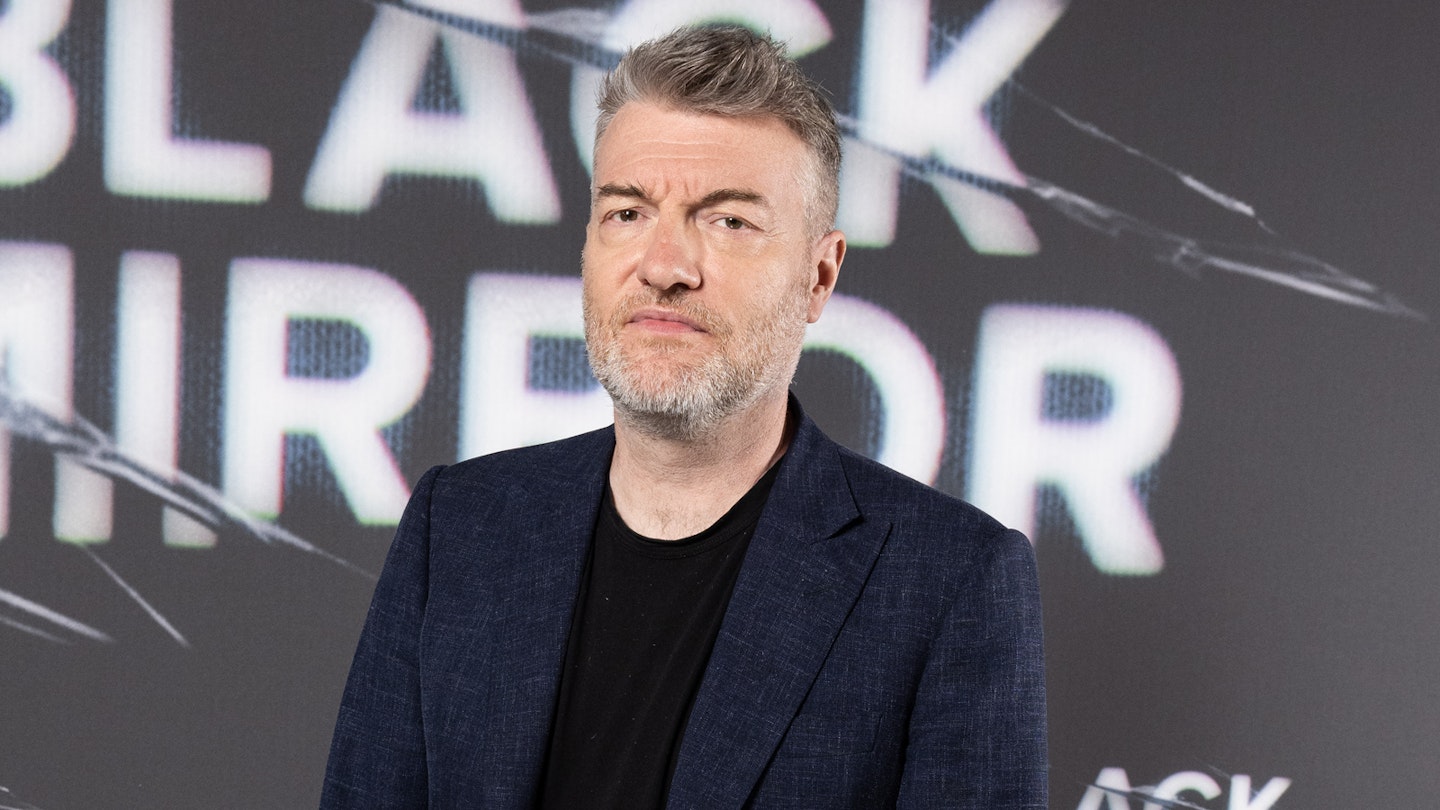Four series and six years into its disquieting existence, Black Mirror returns at something of a critical stage. It’s not only that real life is increasingly putting Netflix’s dystopian anthology series out of business. No, more specifically, plenty of viewers will simply be wondering how creator Charlie Brooker will follow a breakthrough like ‘San Junipero’: the uncharacteristically hopeful 2016 episode that became an instant pop-culture sensation and won two Emmy awards.
So has Yorkie and Kelly’s ride into the virtual Californian sunset prompted more surprise happy endings? Or is Brooker kicking against any charges of losing his edge by cranking up the bleakness? You’ll probably find you can make a convincing case for both those readings.
Opener ‘Crocodile’ gets things off to a stylish, bone-chilling start. Starring Andrea Riseborough and the impressive Kiran Sonia Sawar (Murdered By My Father), it envisages a future where insurance claims are ratified by a machine that can turn witness’ memories into video footage.
But what happens if a bystander reveals something embarrassing or even incriminating? As with all the best Black Mirror episodes, the futuristic piece of technology is merely a means to explore some dark corner of the human psyche. And here, Brooker and director John Hillcoat conjure a frigid, thrilling noir.
‘Hang The DJ’ is a post-Tinder vision of dating that locks would-be partners in a commune of sorts and algorithmically sets them up in micro-relationships that may last a few hours or years at a time. Rising Brit stars Joe Cole and Georgina Campbell are well cast as two singletons questioning the logic of machine-led matchmaking and it has a sitcom-y bounce that comes as a relief in a series replete with sudden, intense bursts of violence.
Black Mirror remains one of the small screen’s most unsettling, unpredictable and audacious operations.
Here, ‘Metalhead’ — a monochrome blockbuster that’s like The Terminator spliced with The Revenant — is a gritty case in point that just about works thanks to Maxine Peake’s gutsy charisma. Elsewhere, there’s ‘USS Callister’, a brazen, near-feature-length Star Trek spoof with a strong cast (Michaela Coel, Jesse Plemons) and a smart inversion of Galaxy Quest’s blurring of fiction and reality.
The big names don’t always improve the experience. ‘Arkangel’ — an examination of extreme parental anxiety starring Rosemarie DeWitt and directed by Jodie Foster — doesn’t wring a satisfying story from its intriguing central idea. And ‘Black Museum’ — an Easter egg-filled trio of tales — may be too much of a self-referential narrative nesting doll for some. But these are mere wrinkles. Black Mirror remains one of the small screen’s most unsettling, unpredictable and audacious operations.








